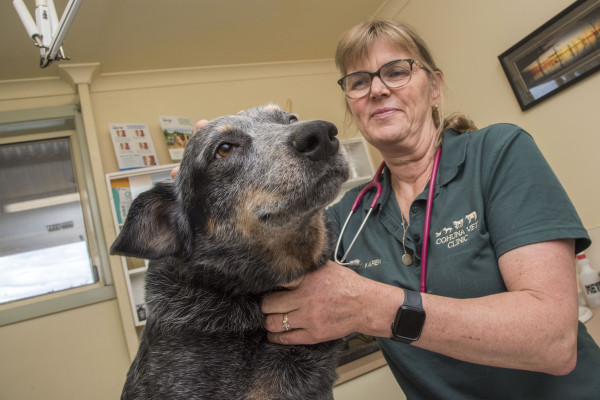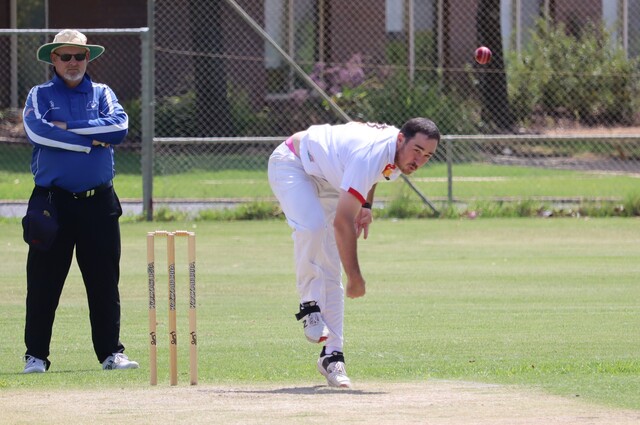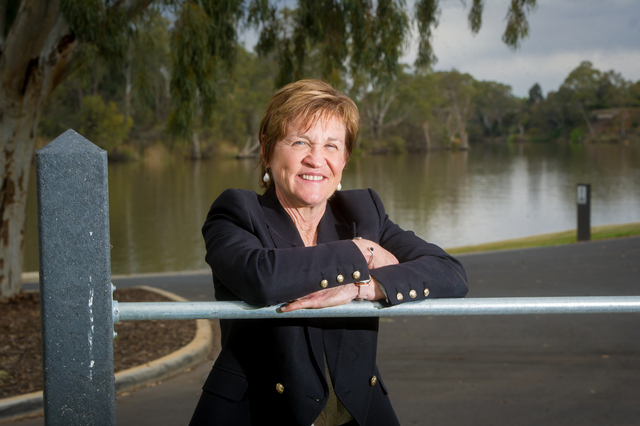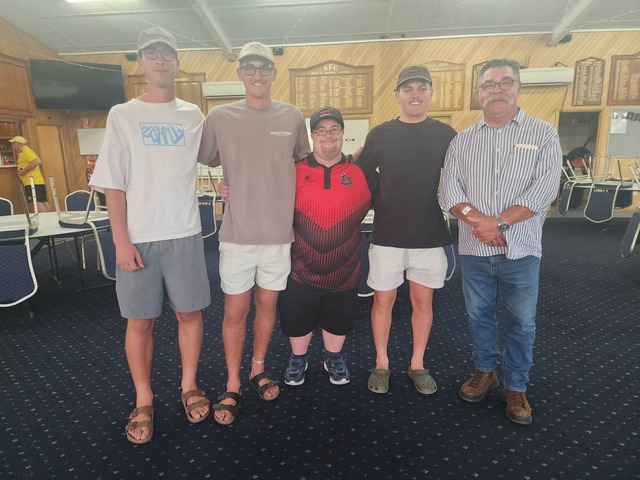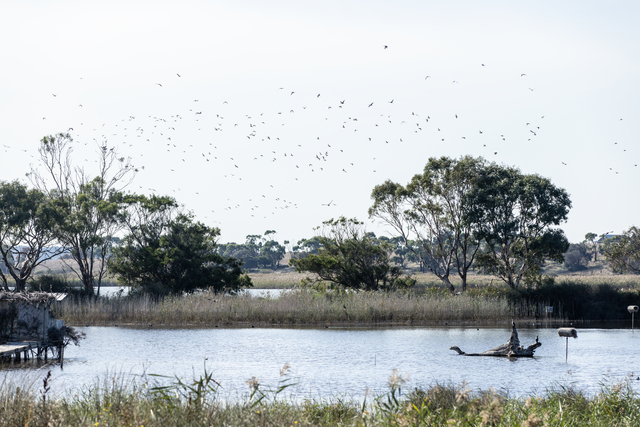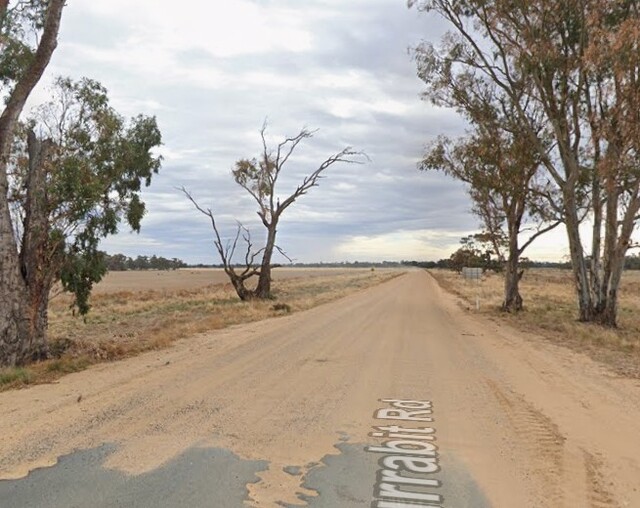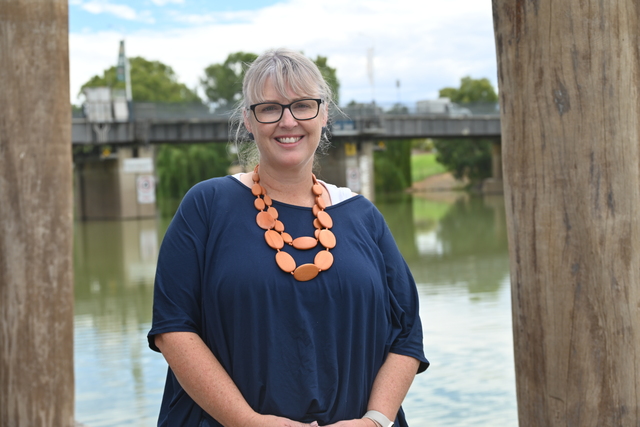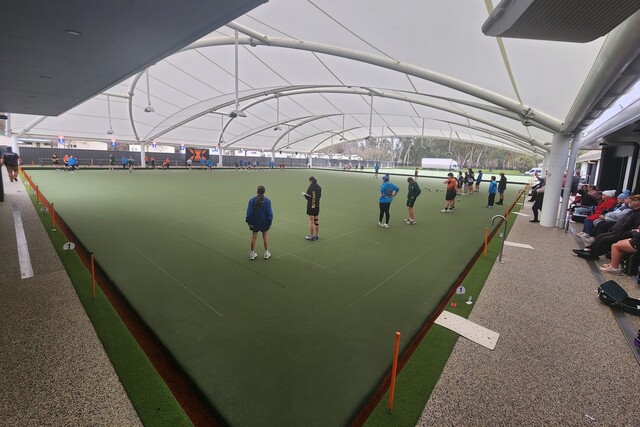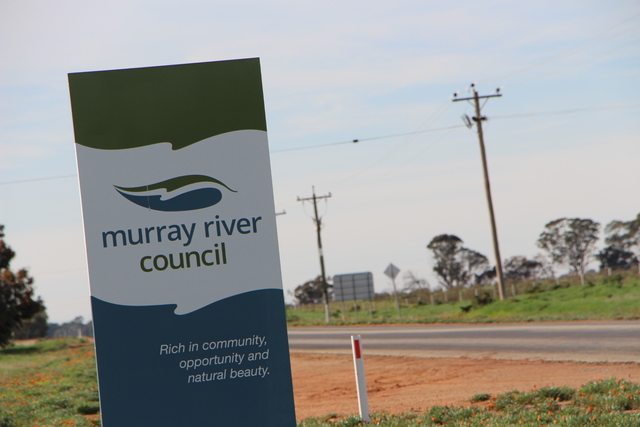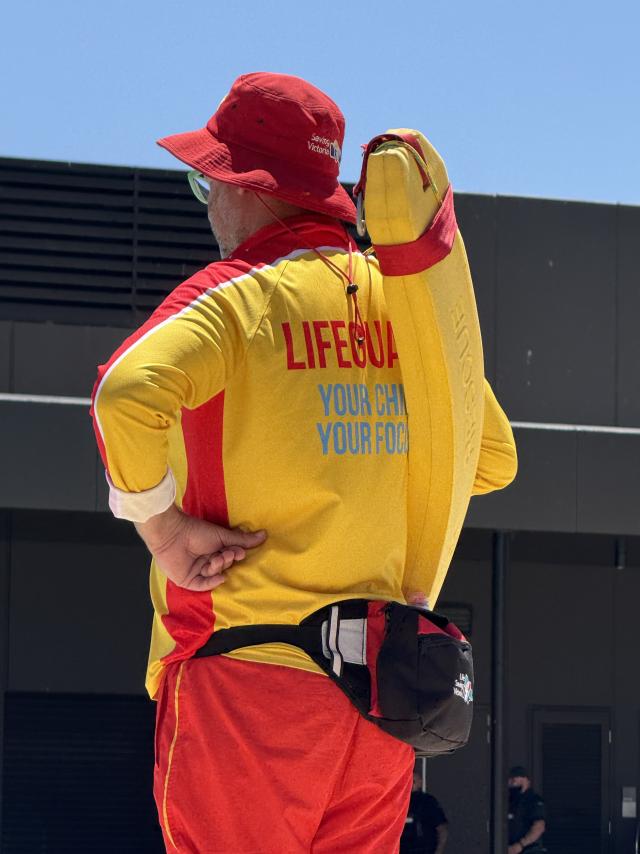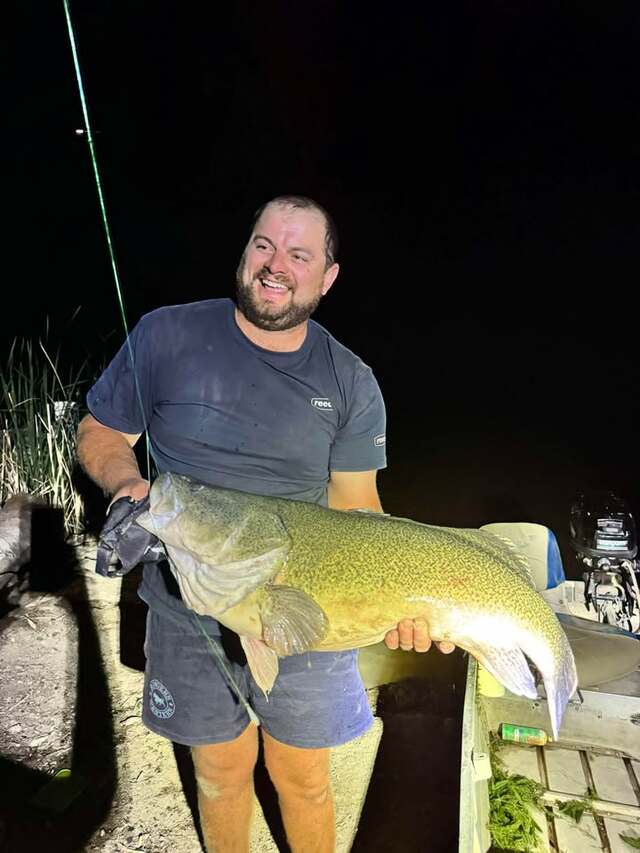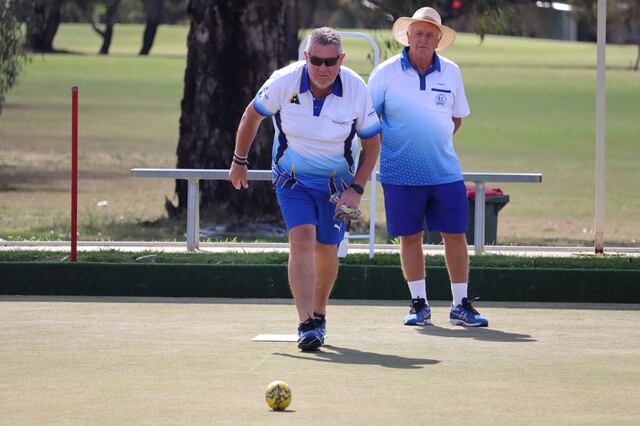COHUNA veterinarian Karen Rogers has been forced to hang up her stethoscope and close her veterinary practice after the sudden death of husband and work partner Paul earlier in the year.
Dr Rogers said she couldn’t continue to run the Clavin, Rogers & Associates practice on her own.
“Paul passed away earlier this year and that has been the catalyst for the closure,” she said.
“There should be two of us here as a partnership, but it’s only one of us now and it doesn’t feel right.”
“Paul was the main driver, the heart and soul of the practice for many years.
“He started working for himself in 1997 and was indispensable to the practice.”
Paul Rogers died on April 24 after a traumatic head injury while responding to a job at a dairy farm. He was 61.
At his funeral, Karen said her husband’s death left a “huge hole” in the vet profession.
She said the practice had since coped using locums, but the uncertainty was unsustainable. Most recently, help had come from a Rochester vet on loan and Dr Sarah Archard part time, commuting from the Mornington Peninsula.
“We have been trying to sell the practice for a while, but there are no up-and-coming vets wanting to take the leap into business ownership,” she said.
“A rural practice has always been a hard sell.
“We do a lot of things that most aren’t willing to do – the after-hours calls being a large factor.
“We did the full range of mixed practice … dairy, equine and small animals and others. Paul was skilled across the range with his particular focus on the dairy work.”
Dr Rogers said it was difficult to remain in the practice solo and felt she was “backed into a corner”.
“It’s not how we wanted to end the practice,” she said.
“We both dearly wanted to hand the reins onto the next generation of enthusiastic vets. However, there is a severe shortage of vets with many leaving the profession early due to stress, or not working full time. It is even harder to encourage vets to move rurally.”
Dr Rogers said a new veterinary school in Wagga Wagga had helped address the vet shortage in rural and regional communities.
“Its aim is to try and keep country people working and living in county areas, which has been a success, but there isn’t enough of it,” she said.
“COVID has also made people reassess their work-life balance, and a country practice with after-hours calls can be very busy and not what people want to do.”
Dr Rogers said the relationships her husband had forged with farmers, the community and the dairy industry, would remain his proudest achievements.
The practice will close on December 22, before Dr Rogers spends Christmas with family and friends.

